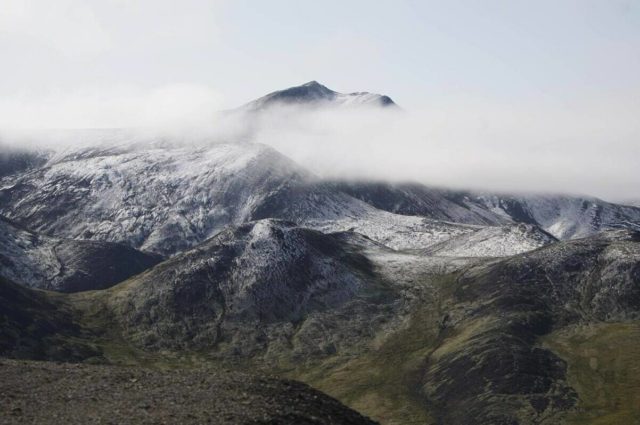A recent study indicates that numerous unique species in Yukon and Alaska may have nowhere to go as some plants are pushed northward by climate change.
In the study, models were used to predict how 66 plant species with ancestry in Beringia, an area where dry conditions prevented glaciers from forming during the last ice age, might react to changes in temperature and precipitation from now until 2040.
It discovered that more than 80% will migrate north under immediate warming, covering an average distance of more than 140 kilometres by 2040. With some species forecast to lose nearly all of their adequate habitat in the next two decades, habitat loss was predicted to affect more than 60% of species.
“Overall, if you look at the big picture, our backyard is shrinking, not just for plants, but for other species as well,” said Chrystal Mantyka-Pringle, co-director of the Wildlife Conservation Society of Canada’s northern boreal mountains program and one of the study’s authors.
Read Also: Brazil seeks more financial support from development banks to combat poverty, climate change
The loss of these plants might have a significant impact on the region, according to the study’s lead author Tobi Oke, a post-doctoral researcher with the Wildlife Conservation Society of Canada.
In his words, “If they are no longer there, the ecosystem is going to crash.”
Oke observed that the area is already warming two to three times faster than the normal worldwide rate and that the winters are becoming wetter. He claimed that elevation has a role as well, with plants at higher altitudes having less room to grow upward.
Yet, not all of the plants in the area will have a hard time adjusting to climate change. According to the study, up to 20% of the species under investigation could see a 100% increase in their geographic range.
Story was adapted from Hope Standard
